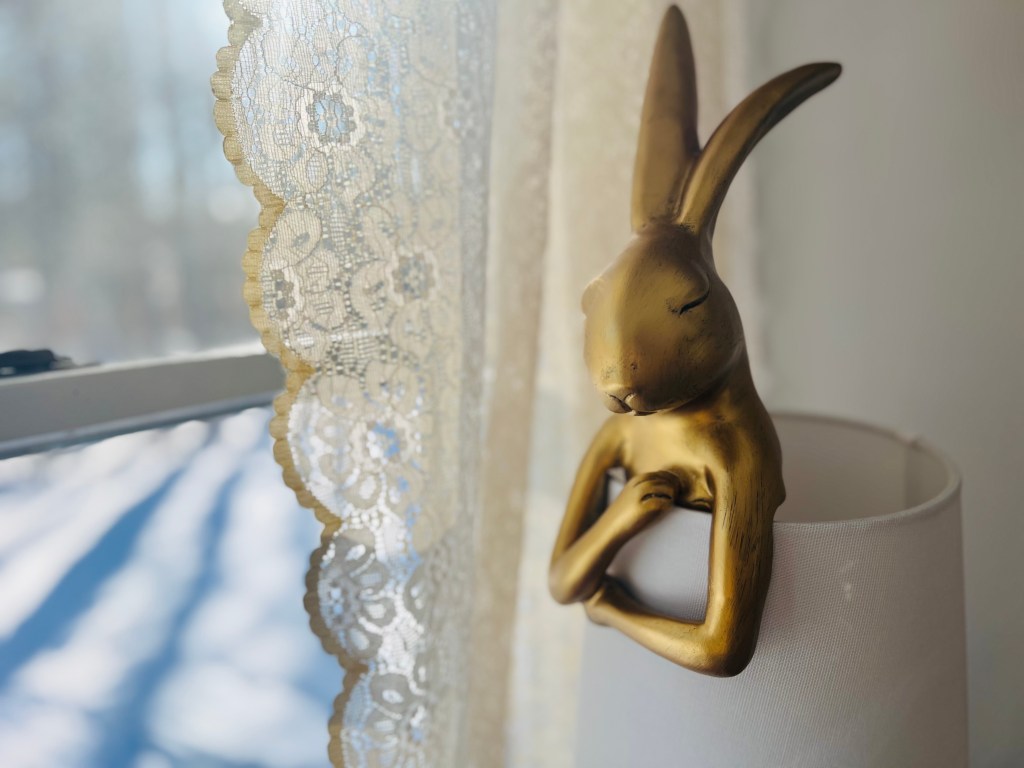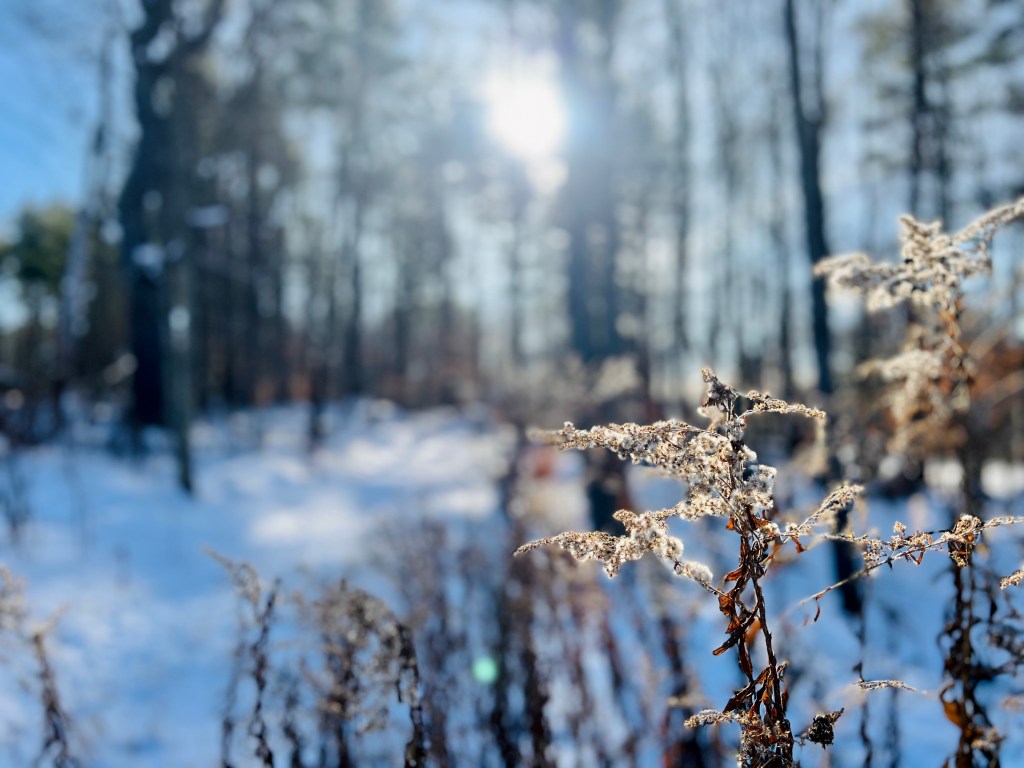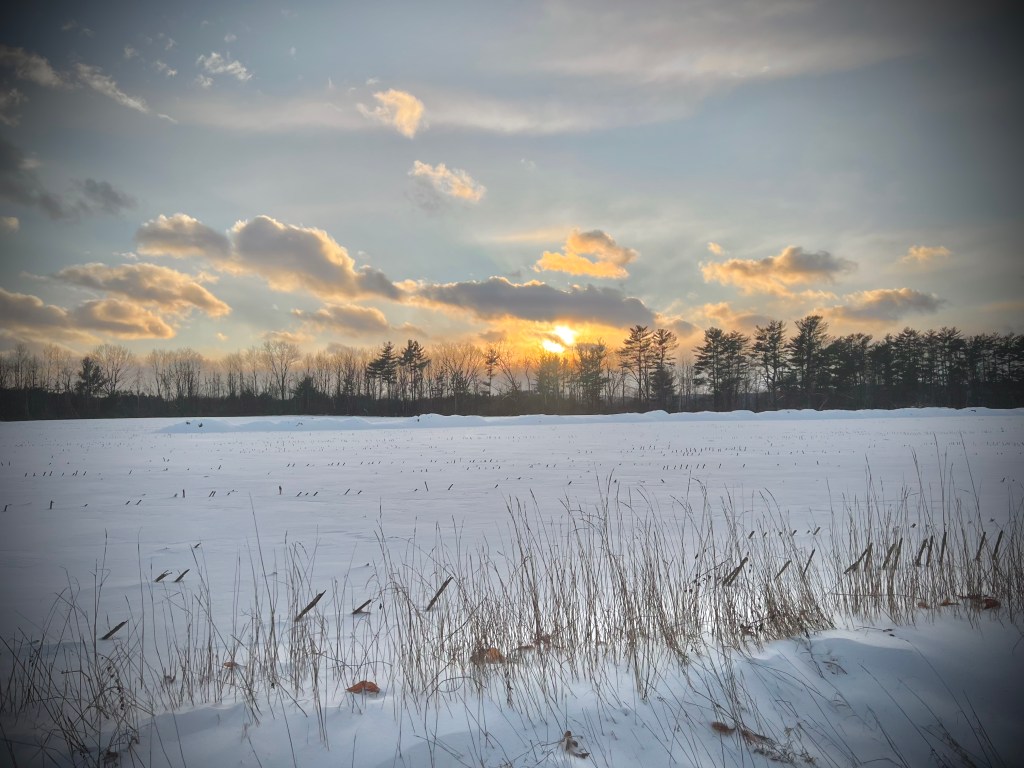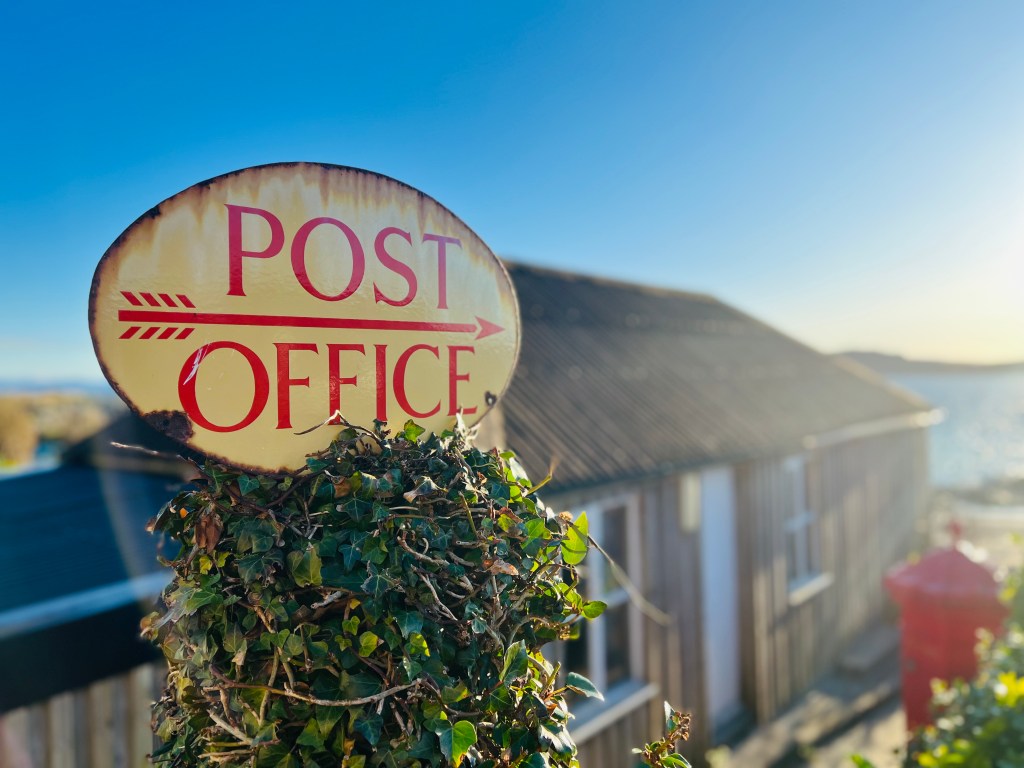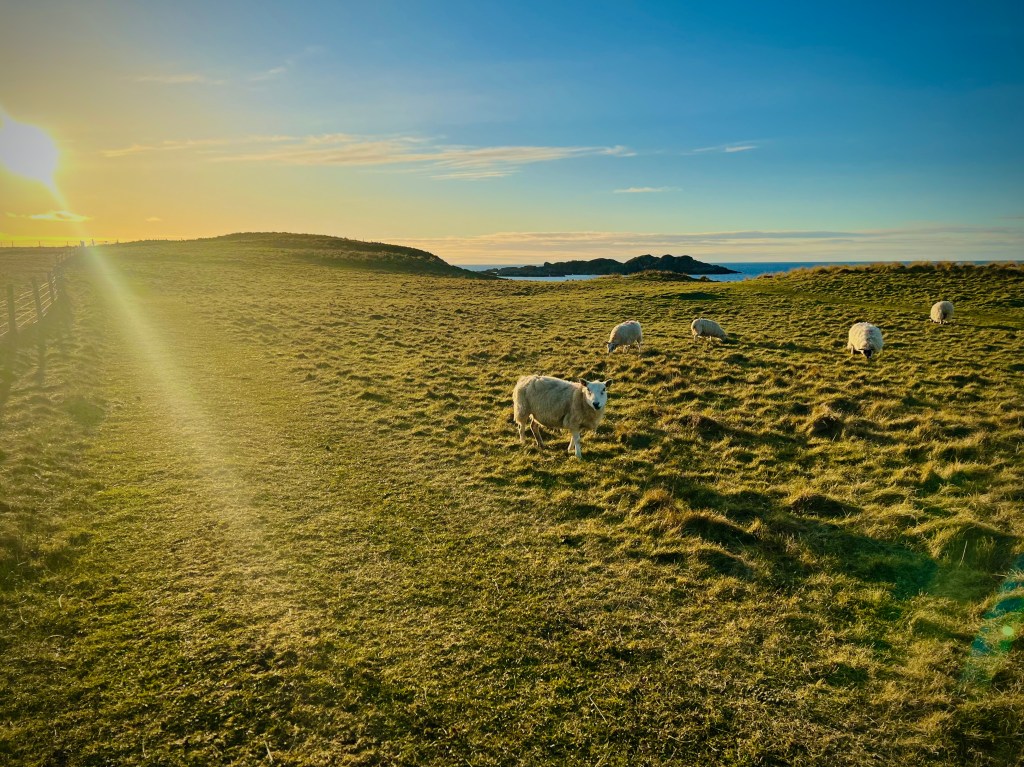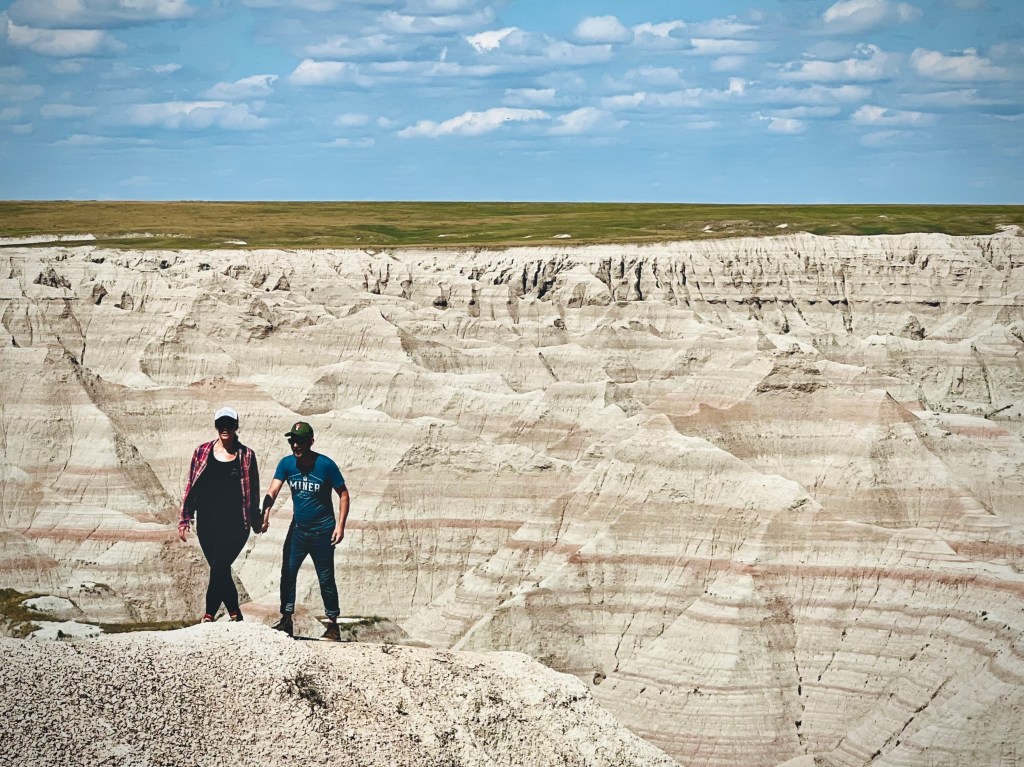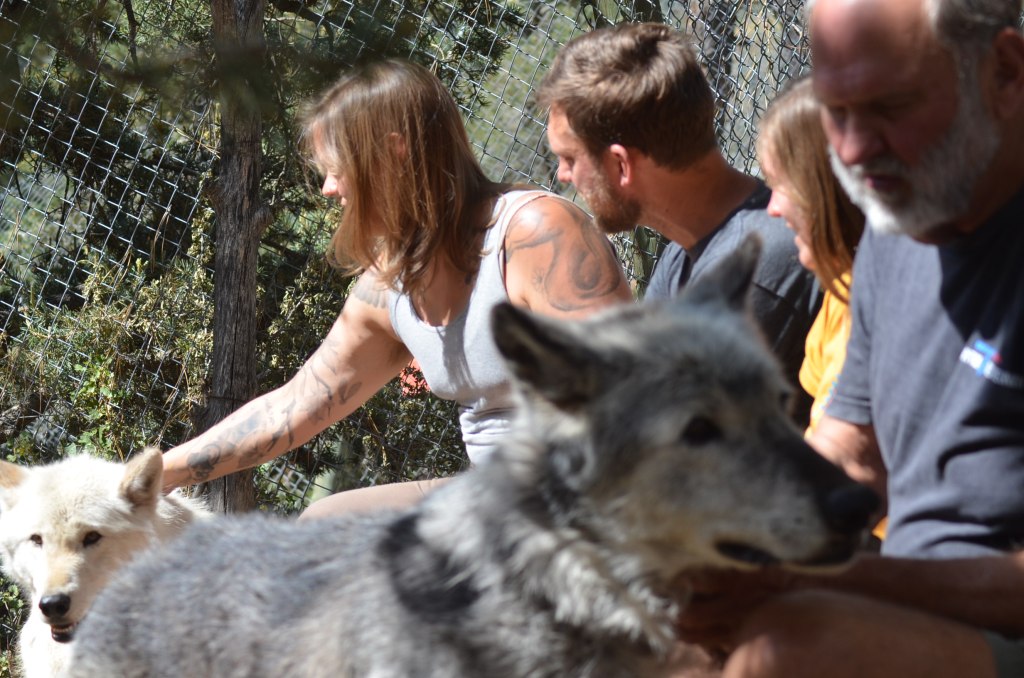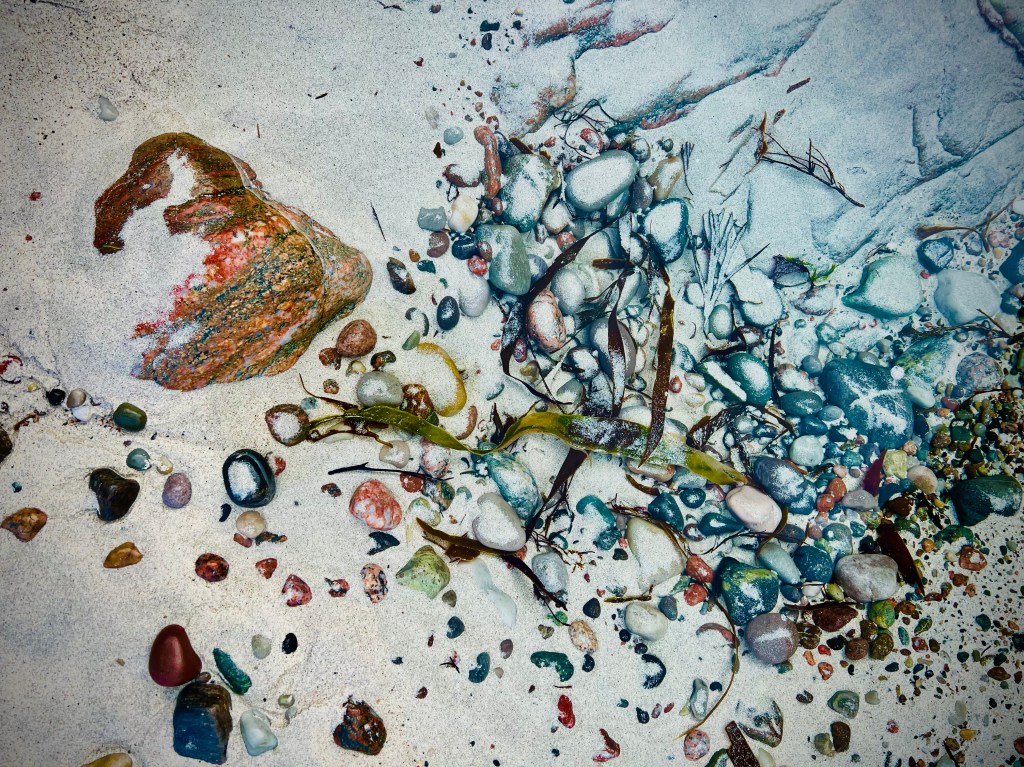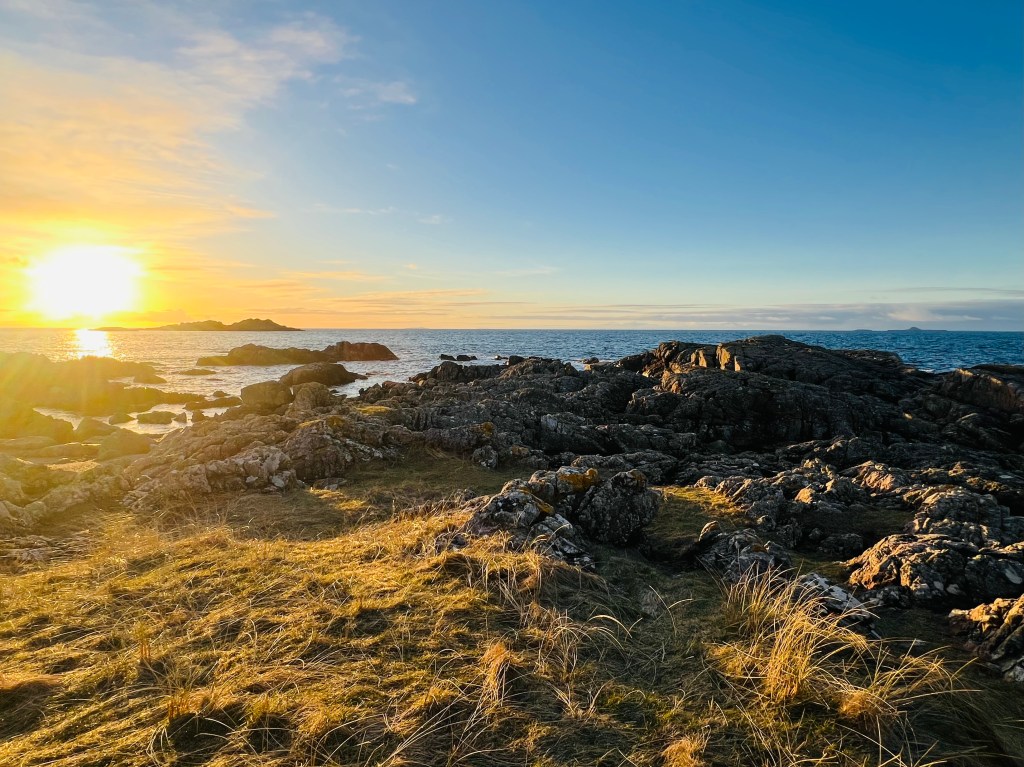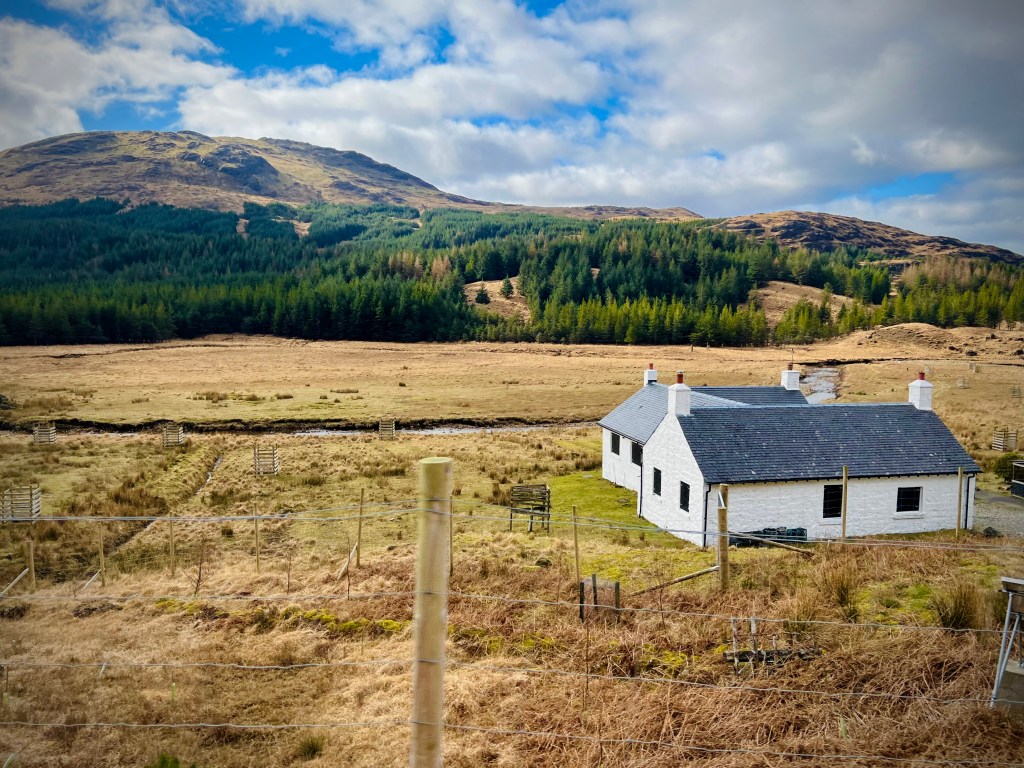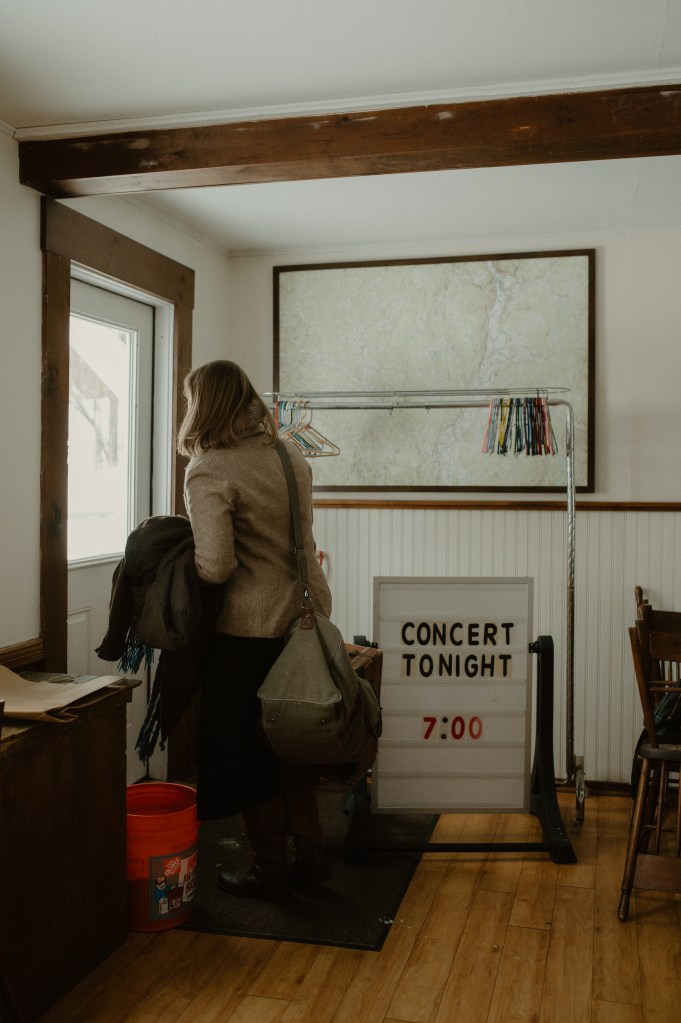We gathered in jackets and blankets laid over our knees, a woodstove crackling in the old shed that was decorated with fairy lights and warm, small illuminated globes. These women around the the table, scattered from Los Angeles to London, had become a quick-made family to me in our short five days together. We walked the Isle of Iona, explored seaglass on the shore, inked billowy blues on big soft sheets of watercolor paper for hours in the afternoon, stitched books, shared of ourselves over little afternoon cakes and tea.
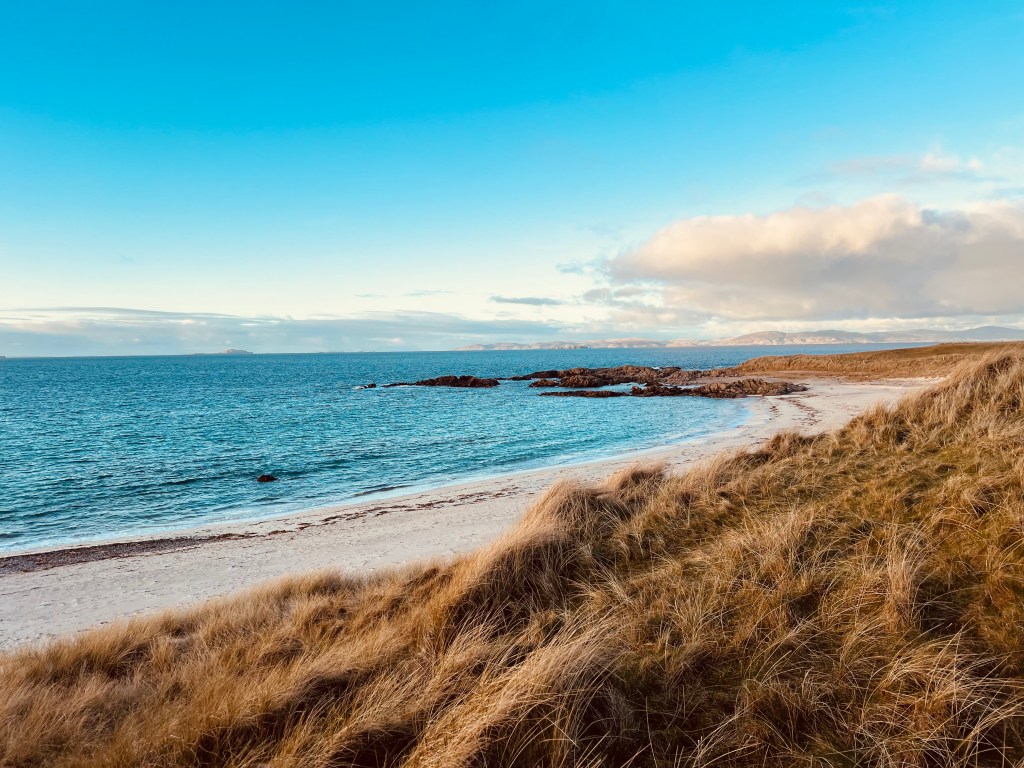
This night, we gathered for our second to last dinner together, a surprise setting on The Green Shed croft– a mystery barn where swallows make nests in the rafters, sneaking in where the drafts come through– chilly and magnificent. Pauline had outdone herself this night– radicchio salad, roasted potatoes on beet puree, pickled shallots with lavender, buckwheat tabbouleh, and chickpea tagine. I didn’t mourn the end of this bookbinding retreat to Scotland yet, because I had no concept of time except the moment I was in. And in this moment, as we licked our plates of rhubarb pavlova with coconut cream, we were holding a space of jokes, stories, and songs; one each after the other sharing. Kristin told a joke. My teacher shared an old, heartbreaking Scottish lullaby. I sang a short rendition of “Oh Shenandoah” as I shook with stage fright. And then my teacher’s husband, John, spoke of the particulars of the island we sat on– some history and lore. He’s been running this hostel for 30 years, right on the sea, with Hebridean sheep in the fields and travelers streaming in and out. John loves the travelers. “They are part of this island’s story as much as we are,” he asserts, “Iona would not be the same without them– without you.”
The radical welcome to such a secluded place is no small gift. I feel like an intruder most places, sometimes even in my own body. To be not only welcomed, but fed, comforted, and assured of my role in a foreign place gave me an overwhelming sense of responsibility. It made me care for this place as I would my home. To welcome the stranger, I realized, was not only to benefit the stranger, but to benefit oneself. It is an invitation to care for a place mutually, and to let it become a home– whether for a night or a lifetime. It is also to be able to accept the gifts of the outside world to the benefit of one’s home.
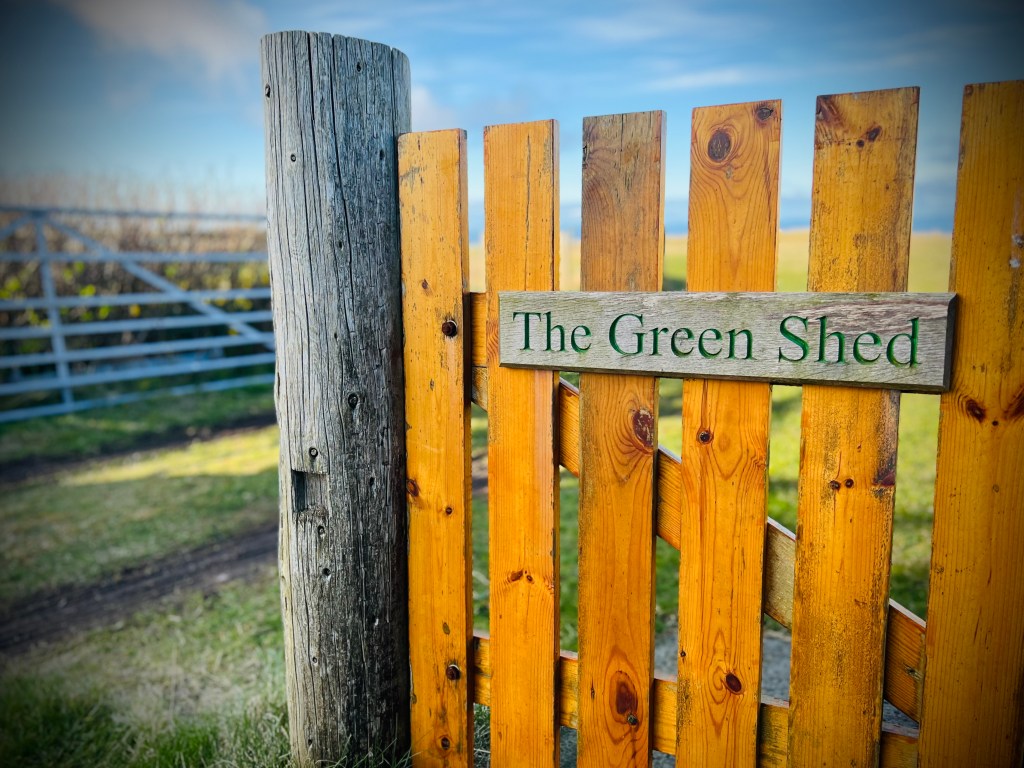
John noted one such exceptional visit. He’d recently divorced, was turned inward, unsteady. A group of Tibetan monks had made their way to Iona, looking for a short stay. The first order of business was to negotiate a price. They would trade two nights at the hostel for free in exchange for a cleansing of the place– of the barn we were sitting in. John quickly agreed. What loss was there to accept a gift of spirit and experience?
On the night of the cleanse, he gathered with the monks, unsure how the evening would progress. He’d expected prayers or smoke, incense and droning. But what took place instead was a lot of noise. The monks lugged in drums, instruments and bodies and began playing, smacking, singing, yelling until the place was cacophonous, ripping and slapping against the metal slabs of wall. “It was nearly unbearable, the noise,” he remembered, but then allowed himself to be taken.
This step, he learned, was to gain the attention of the gods. Some of those gods, the very good ones, were extremely high up and required a significant amount of sound to draw their attention this far below. I looked at the ceiling as he recounted, imagining the gods looking through, visualizing the wide sky of Iona above.
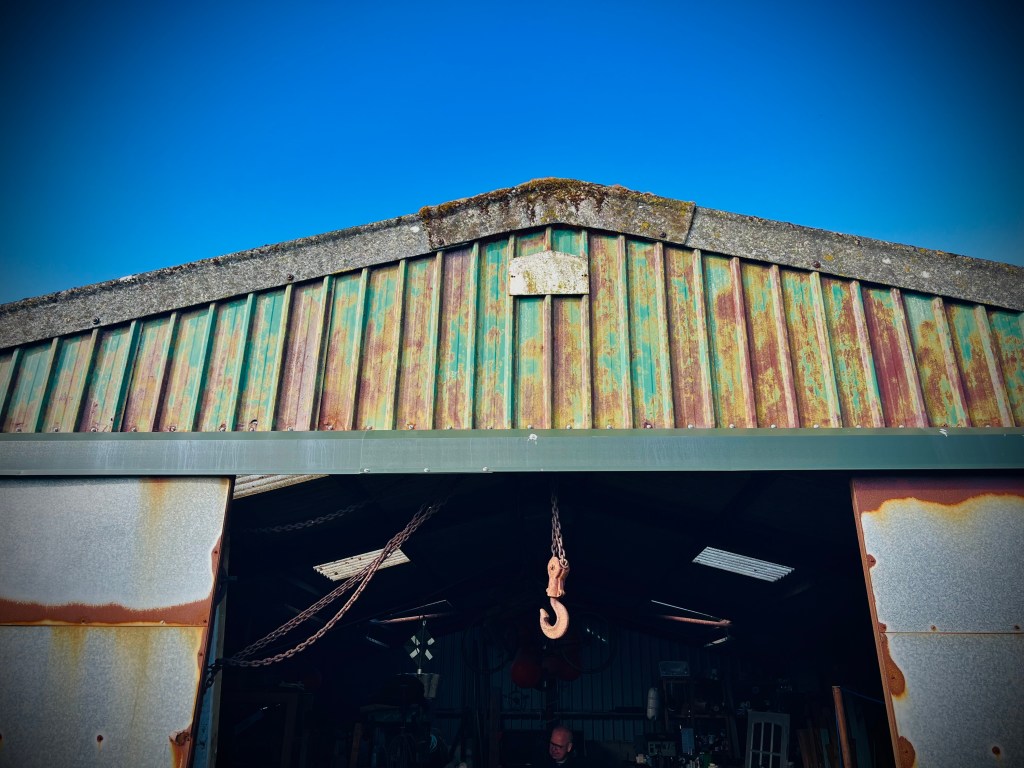
Once the noise has been made and the attention has been gained, the monks begin the next step of luring the gods in. Here, they offer hot, fragrant rice, spiced smells, and quiet their cymbals to beautiful, tranquil sounds– the sound of music rather than noise. The gods drift in, though I’m not sure if they come all at once or one at a time, but either way, by the time this portion is over, several gods are culminated in the room. Their expanse and number shoves the gargoyles from their dark corners and pushes them out. Many of the gargoyles leave simply for lack of space– but most flee in fear. No evil can prevail in the fullness of good, not even in the crevice of a shadowy barn on an island in Scotland. The monks hold these great, good gods for some time, as the gargoyles make a cloud above, waiting for the gods to leave. The gods enjoy themselves, resting and eating and smelling and listening. The gargoyles grow impatient. And then, at last, the monks light the incense, allowing the smoke of the tranquility within to lift up to the dark cloud– and the gargoyles scatter. It takes patience, this part. Patience to wait out the evil above, and patience to be hospitable to the gods within, and patience to know when the darkness above is at its final thread to deliver the last blow.
When the ceremony is complete, the gods happy and the gargoyles exorcised, the gods lift themselves back up to the sky.
The quiet space they leave behind is called Peace.
It is now the responsibility of the ones left behind, the monks and John in this case, to fill the space with goodness, and to let it go.
To me, this sounded worth more than two nights. It was a steal.
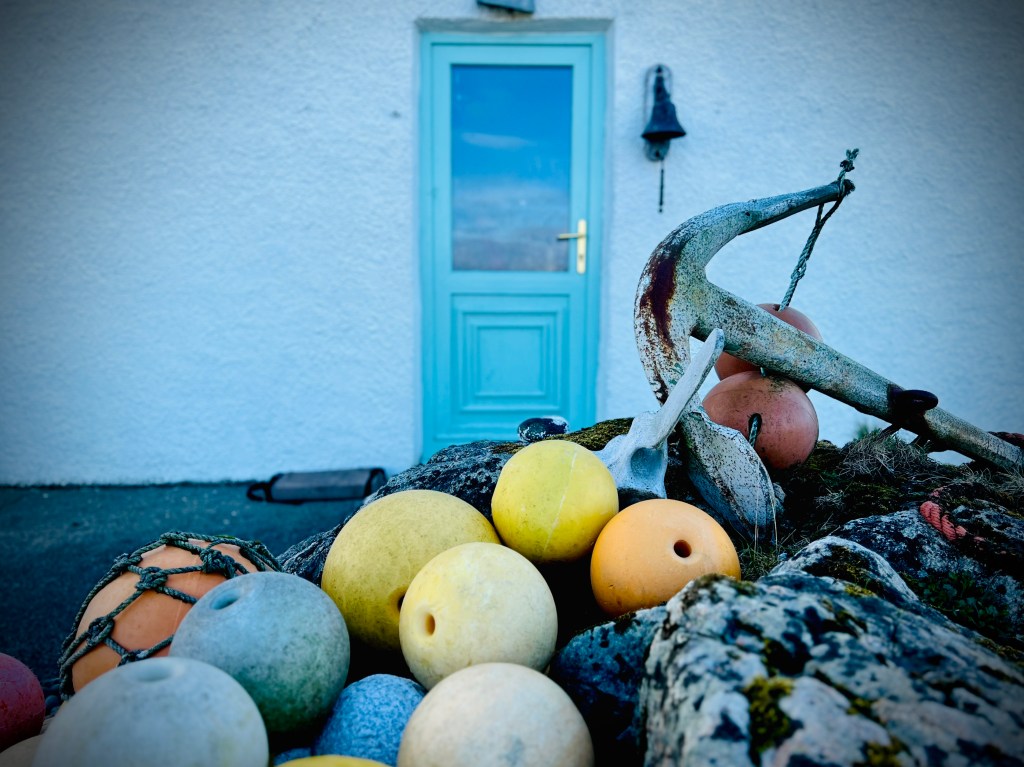
Last Saturday, as has been frequent in the last year, the gargoyles descended. Another murder in Minneapolis, sanctioned by our federal government. The amount of fear, overwhelm, and sickness that filled me as I sat stock still watching a replay of Alex Pretti be shot again and again in my hotel room in New Orleans paralyzed me.
“What do we do? What do we do?” I kept asking my Someone. He sat across from me on the bed, glued to his own phone, shaking his head. He left for a while, but I hardly noticed until his return twenty minutes later. I was still scrolling. Our roommate, Alice, came back and I continued to scroll. My instinct was to curl up like a wounded animal and let the gargoyles take me. But we were attending a folk conference, for chrissake. I was an elevator away from empathy, and we set out to find it.
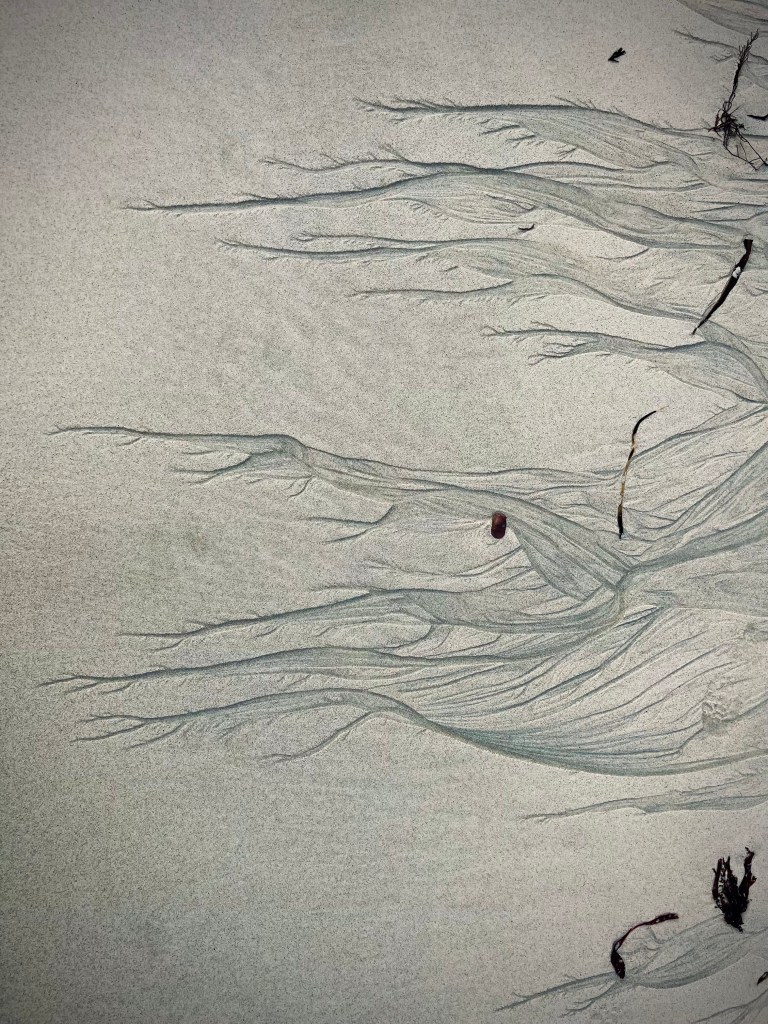
In the hotel lobby, I dodged from the front desk to the bar, looking for a face– and there she was. Lisa, one bite left on her plate. I walked toward her and into her arms and let myself be overcome with the weight of it. She, in turn, stood and waited with me and my Someone to hear the unravel that brought us to her. We didn’t really have words, so she told us about her exorcism that morning– how she intentionally went inward to work out the ways that her history and her family story had held her back, and how they don’t hold her back as much anymore since she began to walk toward it.
“This is the work,” she said, “that I believe we can do, and it will ripple out again.” She was right. To make this strange place of our lives a home is a way forward.
But then, as she finished, a trumpet started, then a trombone. A big brassy, cacophony began by the concierge desk and we were startled and excited by the sound. It turned into a song. Then voices began.
Oh when the saints go marching in–
Oh when the saints go marching in–
They marched around the lobby, growing louder and with more number, casting out all other sounds. Up the escalator and I could still hear them. They kept singing, holding that sonic space for a long time. Long after is polite for a public sing-along. And I realized they were keeping the space– they were holding the good gods here until the gargoyles fled. The harmonies split further, wedging into the little microcosmic pieces of my split up heart, and I let them hold space there.
When they finally ended, I felt the Silence– I felt peace. It was time to fill the space with goodness. We said goodbye to Lisa, and stopped to talk to Katie– a Minneapolis native. We consoled and cried and heartened. Then, we retreated to our room and wrote a song.
I’m not naive enough to believe a song will change anything. I’m not stupid enough to believe that this will be the only cleanse needed. These gargoyles, with their covered faces and unlimited budget and ammunition and self loathing, are fast and with unrestrained resources. But I have to believe that every incense lit, every vote, every word of dissent, every warm meal shared, every life now on the line, every banging trash can drum will do its part in the process until the oppressive cloud above us is one day scattered.
And so, I will write songs to lure the good gods in and keep them here. And I will try to hold them here as long as I can, til there is only space left for Peace.

